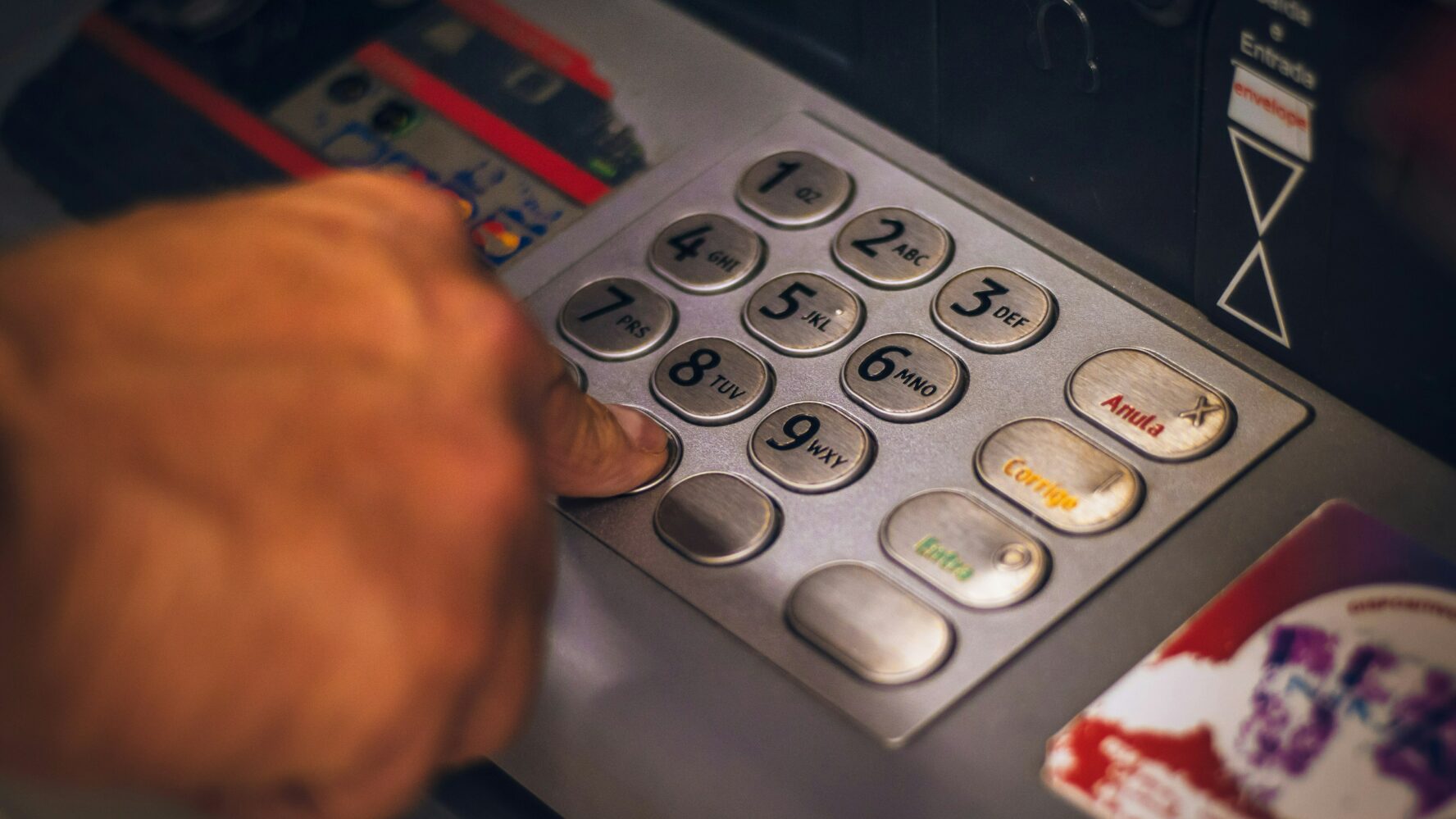
As explained in my blog ‘Having someone by your side’, I am now debt free, thanks to free face-to-face debt advice from Christians Against Poverty (CAP).
My journey through debt was tough, though, and caused me serious mental and physical health issues. I want to share my experience to highlight the changes that could be made to prevent others from going through the same.
I was 29, at a decent stage of my career and life, and didn’t expect what would happen next. My stable life was thrown up in the air by a brain injury, a bad relationship with a partner who spent my money, getting bullied at work, having to give up work, the physical effects like a stroke due to anxiety, and sporadic spending fuelled by my brain injury and mental ill-health.
I went from financial stability to spiralling problem debt. My bank just watched as it happened.
They knew I was now disabled and yet they didn’t reach out. My bank didn’t say ‘We’ve noticed a change in your spending patterns’, ask ‘Are you having problems?’ or signpost me to support available.
Research shows that sporadic spending patterns can be linked to mental ill-health, disabilities and depression, so there is a huge opportunity for banks to play a role in catching people as their debt starts to spiral out of control.
When I was in debt, I looked on my bank’s website and couldn’t see anything about struggling with debt or financial problems. The information may have been there, but it needs to be shared proactively and easy to access, especially for people with disabilities.
If information had been provided or support offered then somebody could have helped me to get the ball rolling and stopped it earlier, when I was a few hundred pounds in debt rather than thousands of pounds.
Another factor that fed into my spiralling debt situation was my overdraft. Before I lost my job, the bank had been increasing my overdraft without checking if I wanted them to do this. I didn’t ask for a massive overdraft, but they just kept putting my overdraft up and up and up. So when I had to give up my job and my spending habits were spiralling, I used up the overdraft without a stopping point being there to prevent me from doing this.
I know people should be able to get credit if they’re going to be able to manage it. But this should be only done if the person wants this. I now see this playing out once again with my daughter’s friends. They are in massive debt and they’ve got loads of credit cards and spending money they will have to pay back with high interest.
My message to the sector:
Provide information about support and free FCA-accredited debt advice in easily accessible ways on your website.
Proactively reach out to your customers who are starting to fall into debt. to check if they are aware of the support and advice that is available.
Add regulations and mechanisms in place to help people to make informed decisions around credit use. For example, asking people if they want a higher overdraft rather than increasing it and then penalising them if they end up not being able to pay it back.
*Name has been changed on request.




